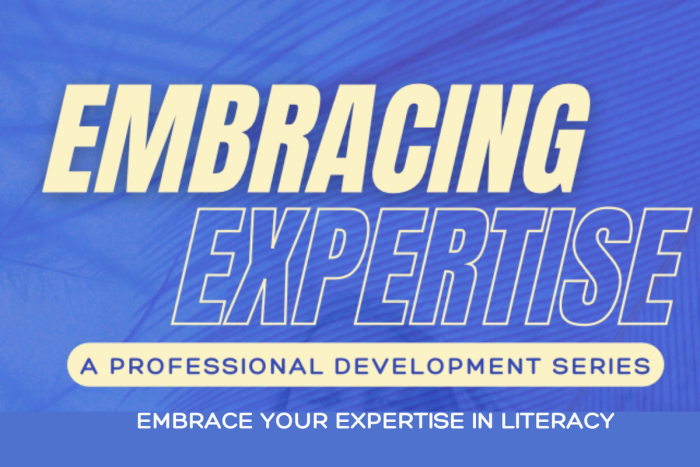Welcome to the 2024 Embracing Expertise Series! We are thrilled to bring you the topic of LITERACY presented by Drs. Katy Cabbage and Jenny Zuk. Katy and Jenny have curated content to help practicing SLPs lean in to their role in reading. SLPs will learn about the foundations of reading couched within some popular theoretical frameworks: the Simple View of Reading and Stages of Reading Development. Don’t let the idea of theories scare you off – Katy and Jenny have made this material incredibly actionable, clinically-applicable, and chocked full of ideas for what to do tomorrow.
